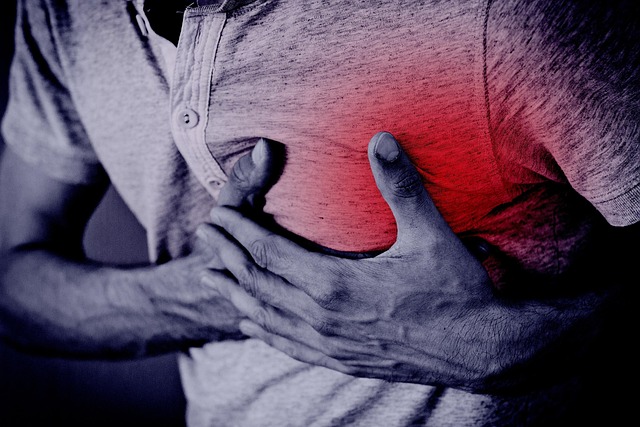Heart Attack: Don’t Miss These Early Signals
What if your body could warn you before a heart attack strikes? The truth is, it often does—through subtle, early signs that many people ignore or misinterpret. Recognizing these signals in time could make all the difference. This article explores key early clues that may point to a potential heart attack and why it's important to take them seriously.

What are the subtle symptoms that could signal a heart attack?
-
Chest discomfort or pressure
-
Shortness of breath
-
Unexplained fatigue
-
Nausea or vomiting
-
Cold sweats
-
Lightheadedness or dizziness
These symptoms may come and go, often being mistaken for indigestion, stress, or simply feeling under the weather. However, they could be your body’s way of alerting you to an impending cardiac event. It’s crucial to pay attention to these signs, especially if they persist or worsen over time.
Which early warning signs of heart disease shouldn’t be ignored?
-
Irregular heartbeat or palpitations
-
Swelling in the legs, ankles, or feet
-
Persistent cough or wheezing
-
Decreased exercise tolerance
-
Unexplained weight gain
-
Sleep disturbances
These signs may develop gradually and could indicate underlying heart disease. While they don’t necessarily mean a heart attack is imminent, they warrant attention and medical evaluation. Ignoring these symptoms could lead to more severe complications down the line.
How does your body alert you before a cardiac event?
Your body has various ways of signaling potential heart issues. One common sign is referred pain, where discomfort is felt in areas like the jaw, neck, back, or arms rather than directly in the chest. This occurs because the nerves that serve the heart also connect to other parts of the body. Additionally, changes in your energy levels, mood, or sleep patterns can be subtle indicators that your heart is under stress.
What are the differences between typical and silent heart attack symptoms?
Typical heart attacks often present with severe chest pain, shortness of breath, and cold sweats. However, silent heart attacks can be more insidious. Symptoms may include:
-
Mild discomfort in the chest or upper body
-
Flu-like symptoms
-
Unusual fatigue
-
Mild pain in the throat or neck
Silent heart attacks are particularly dangerous because they’re often overlooked, leading to delayed treatment. They’re more common in women, older adults, and people with diabetes.
When should you seek medical advice based on unusual sensations?
In the United States, heart disease awareness has improved, but many still hesitate to seek help. It’s crucial to understand that time is of the essence when it comes to heart attacks. If you experience any combination of the symptoms mentioned earlier, especially if they’re severe or persist for more than a few minutes, don’t wait—call emergency services immediately.
How can you differentiate between heart attack symptoms and anxiety?
Distinguishing between a heart attack and an anxiety attack can be challenging, as they share some similar symptoms. Both can cause chest pain, shortness of breath, and a rapid heartbeat. However, heart attack pain tends to be more intense and may radiate to other parts of the body. Anxiety attacks often peak within 10 minutes, while heart attack symptoms typically last longer and may worsen over time.
If you’re unsure, it’s always better to err on the side of caution and seek medical attention. Healthcare professionals can perform tests to determine the cause of your symptoms and provide appropriate treatment.
This article is for informational purposes only and should not be considered medical advice. Please consult a qualified healthcare professional for personalized guidance and treatment.




